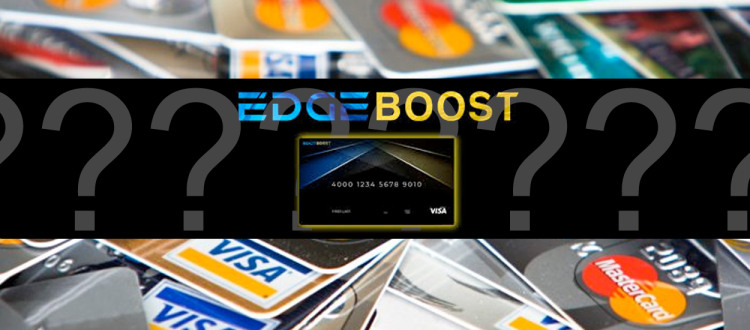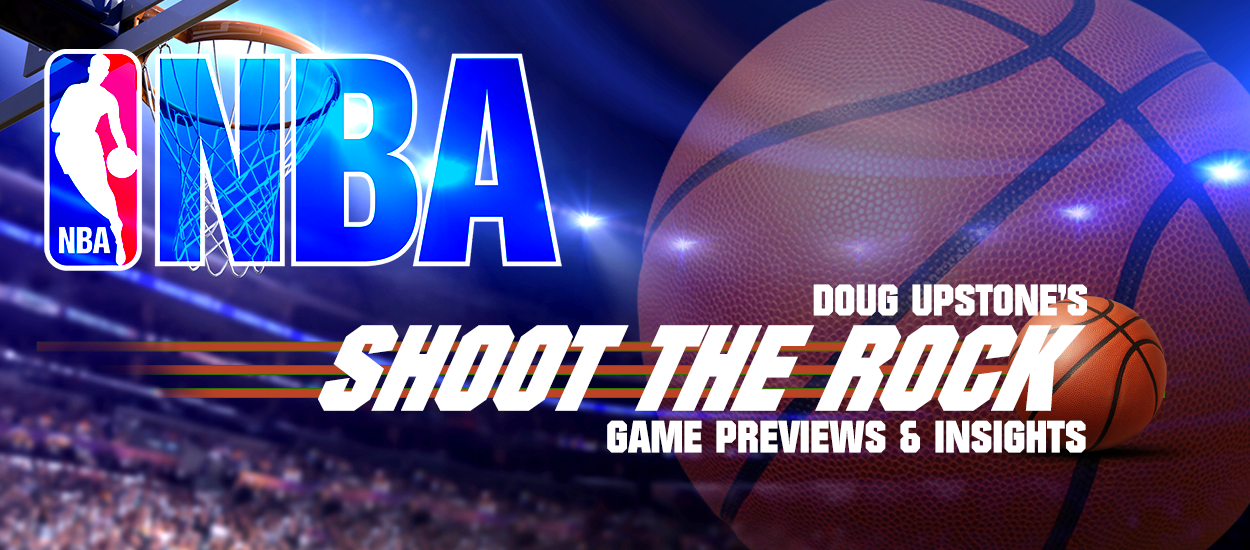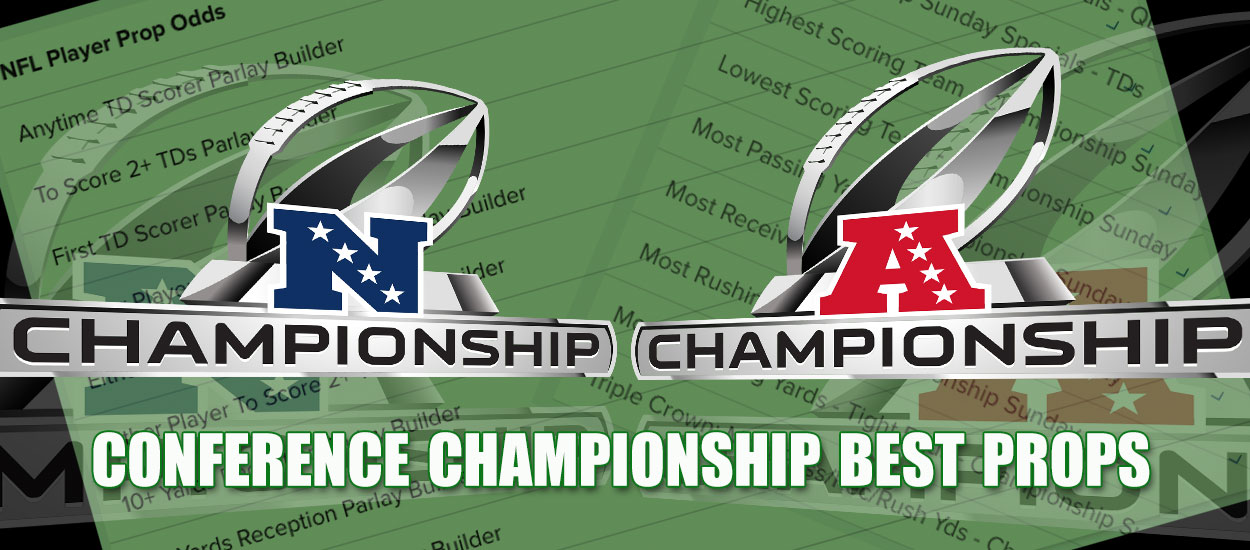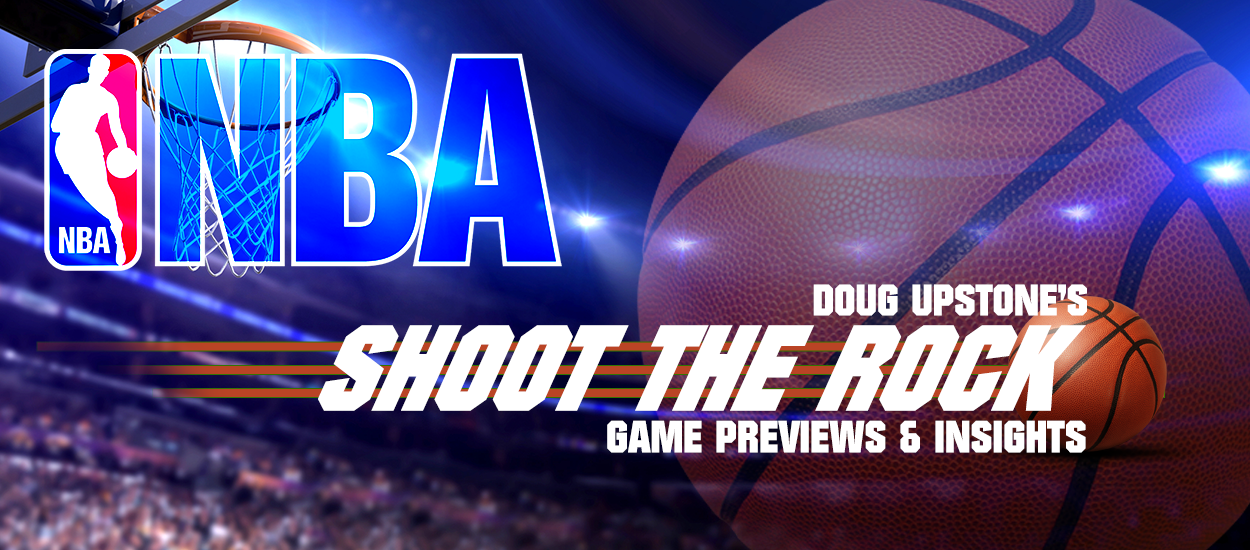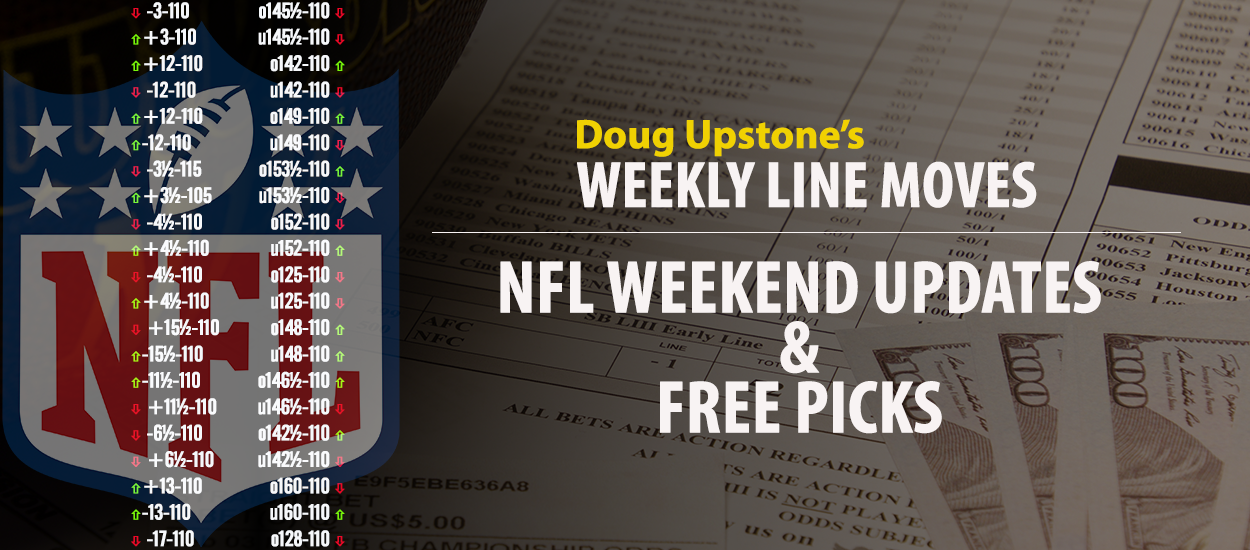New Edgeboost Card meant to ease gamblers’ payment “friction”
Payment processing for gambling has been a contentious issue in the United States since the late 1990s when American gamblers sued credit card companies for allowing them to deposit money to offshore websites and gamble beyond their means. While most cases were thrown out of court, there was at least one successful lawsuit and the banks realized that processing payments for gambling was a high risk, low reward endeavor. Aside from the lawsuits, credit card companies found issues with chargebacks, as many times losing bettors who made payments to offshore sites would try to call the banks to block it from being processed. Things got much worse after the passage of the UIGEA in 2006 when the DOJ tried to release rules for enforcing the UIGEA and told banks that they could be fined heavily if they were to process payments for illegal gambling. The government, however, did not provide a list of what constituted illegal gambling or a list of bank accounts that were off limits to them, so most U.S. banks and money transfer companies simply blocked payments for all forms of gambling saying they’d rather be safe than sorry. And the issue also permeates to land-based gambling establishments. Many U.S. gambling establishments don’t have physical ATMs at the venue and the ones that do charge an exorbitant fee to withdraw cash.
So, I found it quite interesting when I discovered a new company that created a visa debit card that can non only be used for gambling, but is created solely for gambling. The card, called EDGE Boost, allows anyone to fund gambling transactions to a daily limit of $250,000 that can be used for land-based casinos, poker rooms, horse racing, lottery wallets, daily fantasy sports and even prediction market sites like Kalshi or Polymarket.  But all non-gambling related transactions are declined. So, if a person uses the card to fund betting on the slots at an MGM casino it will work, but if the same person tries to purchase food at an MGM restaurant it will be declined. The difference will be noted by the merchant code when paying, so only transactions marked with the code designated for gambling will be accepted.
But all non-gambling related transactions are declined. So, if a person uses the card to fund betting on the slots at an MGM casino it will work, but if the same person tries to purchase food at an MGM restaurant it will be declined. The difference will be noted by the merchant code when paying, so only transactions marked with the code designated for gambling will be accepted.
Inside EDGE Boost
I spoke with Seni Thomas, the CEO of EDGE Boost, to learn more about the product and also have some questions answered that I thought were notable. Before I got into my questions, Seni wanted to make it clear that his background was not in gambling or gambling services, but rather with two ad tech companies. He only got into the gambling space about five years ago after a company he was working for acquired the account for the Sports Illustrated brand and he realized there was a real need for a product that reduces the friction between gambling and banking.
“I was part of a group who ended up acquiring the media rights for Sports Illustrated and with sports betting exploding we wondered what were some of the big problems that needed to be solved. If you look at all U.S. gaming the total amount of money moving around is about $360 billion to $380 billion and that’s just the amount being bet. If you add on all the other transactional amounts, it likely increases that by 2x to 3x. So, we took a tech-based approach into problem solving and tried to drill down into what is the root cause that causes friction for bettors and we came to the conclusion that it was the banks. It really doesn’t matter whether you use PayPal or bank cards since you need a banking account and if (the banks) don’t like what they see they are either going to disallow transactions or severely limit the amounts allowed. Most Americans are limited to $600 to $800 for gambling transactions (for land-based) and online it’s a bit higher, around $2,000 to $5,000. But if I have $10 million in my bank account and I can only get out $5,000 that’s crazy, not to mention if I’m in Vegas making a half million I year and I can only get $2,100 of my debit card to play it is limiting.”
So, we spent about three and a half years jumping through all the regulatory hurdles and opened a specialty neo bank only for the gaming industry (Cross River Bank based in New Jersey) and we do a number of things to make it palatable.
– We are the first and only limited use checking account in history. So, you can go to the casino with a debit card and ask for a quarter million dollars (and it will be given) but if you walked over to the restaurant to use the card it would be declined.
– We only allow U.S. customers and only work with KYC licensed operators.
– We also block ATM withdrawals, which reduces all our potential money laundering risks. So, we do one thing only and we do it well.”
Seni noted that the bank account is a real checking account and being segregated from other day-to-day transactions makes it far easier for bettors to account for all gambling winnings and losses, which is useful for income tax reporting and financial planning. He added that gamblers need to realize that if all their gambling is done with traditional banks it could raise red flags. If the lender looks at the bank account when a person tries to get a mortgage or loan, they could consider the loan high risk – if they see many transactions that are gambling related, but they would not see the transactions at Cross River Bank.
I asked Seni about Cross River Bank and was curious how bettors can be sure it’s safe and how they fund the account.
“I think what people don’t understand is that not a single Fintech company is backed by a single bank. Every Fintech company uses specialty banks and by far and away Cross River is the largest. They do checkout.com, Coinbase, etc. All the big FinTech bank there and they have a phenomenal technology stack and tech base.”
Cash Back
I also asked Seni about the cashback feature of the EDGE Boost Card that is listed on their website at Edgeboost.bet.
“Every time you use the card, we generate revenue by what is called Visa pay fees. Visa pays us 1.3% to create volume on their network. This is what funds all card rewards like air miles, Costco, etc. is all funded from this mechanism. So, we take some of that for ourselves and pass through some of that as cashback to our users.”
The amount of cashback is based on the monthly transacted amount and is tiered. For transactions of $0 to $2,499 the cashback amount is 0.25%. For $2,500 to $24,999 the cashback amount is 0.3%. For transactions between $25,000 and $49,999 the cashback is 0.35%. For $50,000 to $99,999 the cashback is 0.4%. And for amounts of $100,000 or more the cashback is 0.5%.
Seni also noted that like all Visa Debit cards, there are no fees for transactions and for operators the concern about chargebacks is all but eliminated.
Endorsed by Poker Heavyweights
I noted on the website that WSOP is featured and that Phil Hellmuth and Jamie Gold are brand ambassadors, so I asked Seni if there was a specific advantage to professional poker players with this card.
“It’s an advantage for everyone. But our intention for the rollout was top-down. The more money you try to move the bigger the amount of friction (and we want to remove that friction). So, with Penchanga and Circa who are casino partners of ours we are working with their VIP and payment teams to engage their top tiers and their databases.
A lot of these big poker players, they travel a lot and our account is a real bank account. They can deposit, withdraw and move money around without issue. If I wired money to The Venetian and used the money to play there but I had to be somewhere else in two days it’s a hassle. I have to wire the money back, it has to be verified, etc. So, with these poker guys they want to move a lot of money around and move it fast and the only real option is flying around with bags of cash right now. (but with a real bank account and card the problem goes away).
Expansion
I next asked Seni if the company has any plans to partner with the big casinos like MGM, Caesars, LVS, DraftKings, FanDuel, etc.
“100%. We are in talks with most companies (online and land-based). We are also working with the providers like IGT, Aristocrat and all casino management systems. Because at the end of the day we are not trying to go mass market. We are trying to solve a problem and this moves the needle for a lot of these operators.
The Card kind of solves two different problems. On the offline side there is a lot more friction as land-based casinos are still 80% cash and nobody likes it. The operators don’t like it and the players don’t like it because it costs money. It costs money to move it, store it, etc. But a lot of the cashless solutions don’t really solve the problems. If someone is willing to walk into a casino with $3,000 in cash, you’re now telling this person they have to walk through hoops to set up this wallet and you’re limiting their deposits for the wallet to $1,200. So, it really doesn’t work for the high value players. And for online players it allows them easy access to far more money without having to use credit cards that charge a high interest rate.”
Problem Gambling
I then asked Seni if the company addresses problem gambling or if that isn’t their concern.
“I think responsible gambling is always over complicated. Everyone thinks that an algorithm and RG tools is going to catch something less than 1% of the people turn on these features. So, what we say from a pragmatic standpoint is to do what works well with financial planning (which is twofold). The first is segmentation and letting people know what they are spending. Right now, that is very hard to assess. And second, since all the data is in one location, we can actually set universal limits and alerts. One thing we also found can be very effective is a program called copilot which is a social responsibility double opt in between friends. So, both people on the copilot can share all information of their transactions and friends can keep tabs on each other. No one wants to be told by a gambling company what to do, but with a friend they can give you a nudge. The other part of the copilot is if I want to increase my gambling limits the copilot is sent a verification code which adds another layer of security to ensure I’m kept in check.”
Seni also mentioned that because Edge Boost is not regulated as a gaming company they can access data sets that the gaming industry cannot and are in the process of setting up products that can ensure bettors only spend what they can afford. Seni indicated that if a person is willing to provide Edge Boost with up to two years of their bank statements from their current bank that they use for all household and non-gambling transactions, the company can run that through an API to determine the player’s real cash-flow. This would be a real advantage to ensuring players are only transferring over amounts for the Edge Boost card they can afford.
The last question I asked Seni is if they have any plans to move outside of the United States.
“Not at this time. The market in the U.S. is big enough. The minute you start doing cross-border transactions the complexity becomes much greater. Every country is going to have different gambling and financial regulations so it becomes quite the hairball.” He noted that in the UK most people have different accounts for gambling and other purposes.
Seni said that a big innovation that is being launched this week is bringing real time bank to bank transfers which will be a real game changer.
More information about the Edge Boost card can be found on the company’s website at Edgeboost.bet and X.
Note to investors: Deposit Checking accounts are held with Cross River Bank, Member FDIC, insured up to $250,000. The EDGE Boost Visa Debit Card is a Visa® debit card issued by Cross River Bank, Member FDIC, pursuant to a license from Visa U.S.A. Inc.

